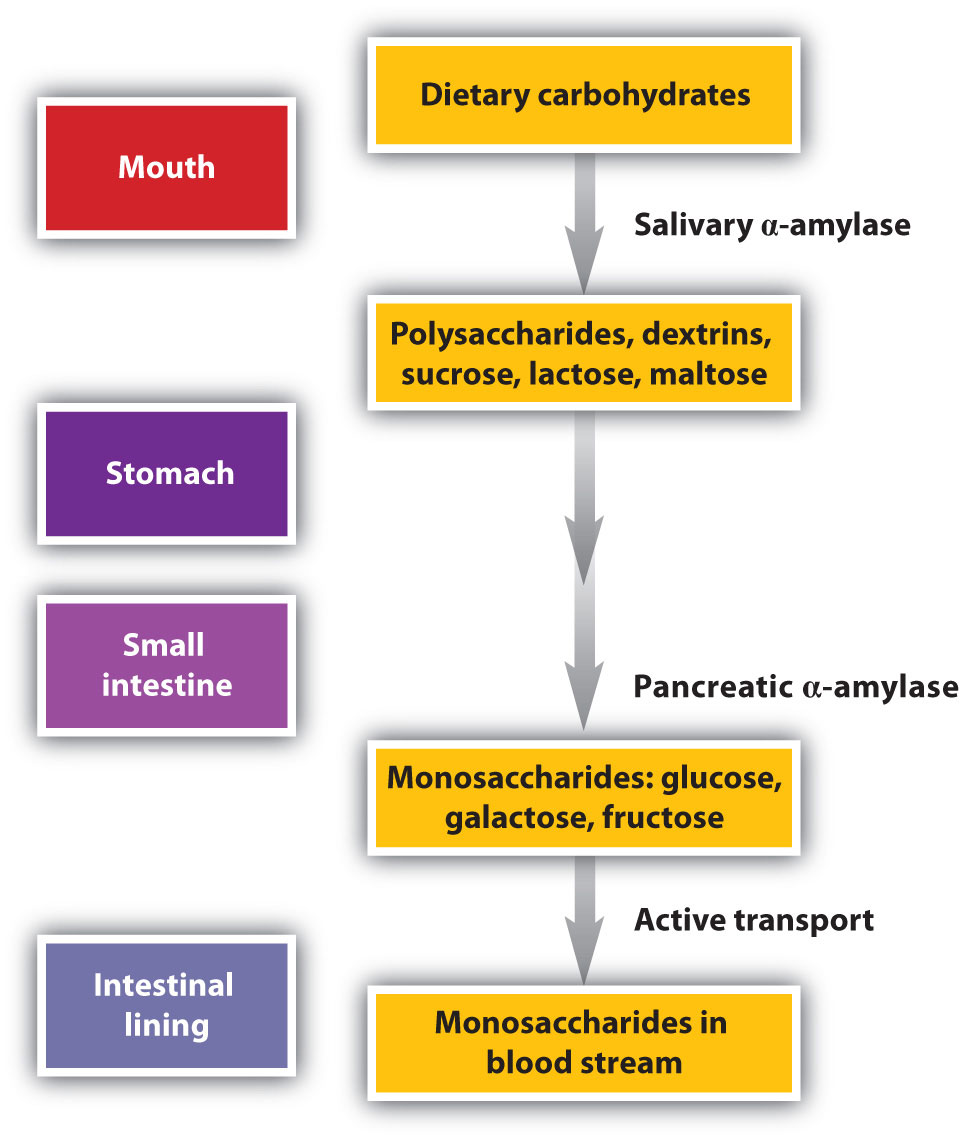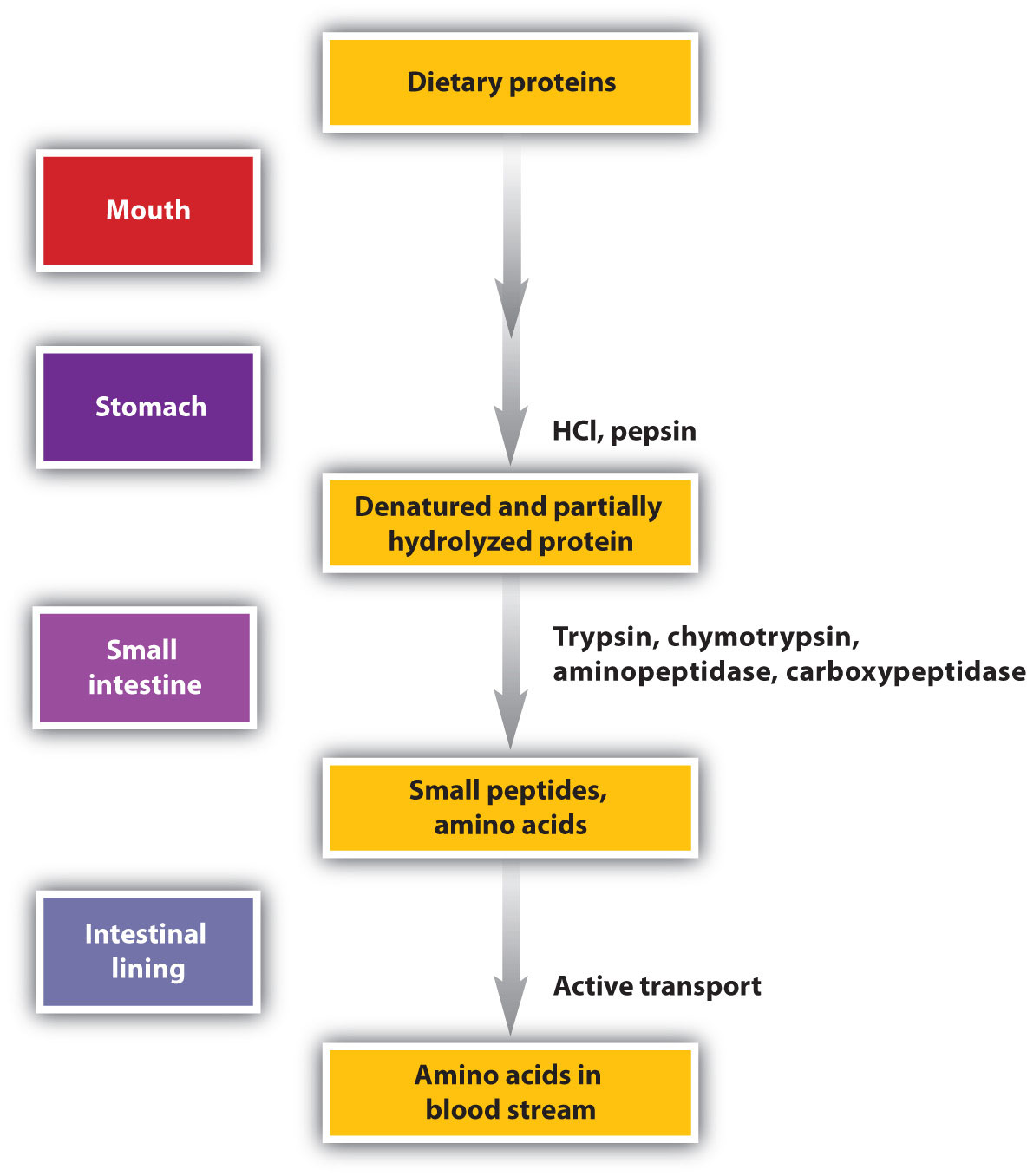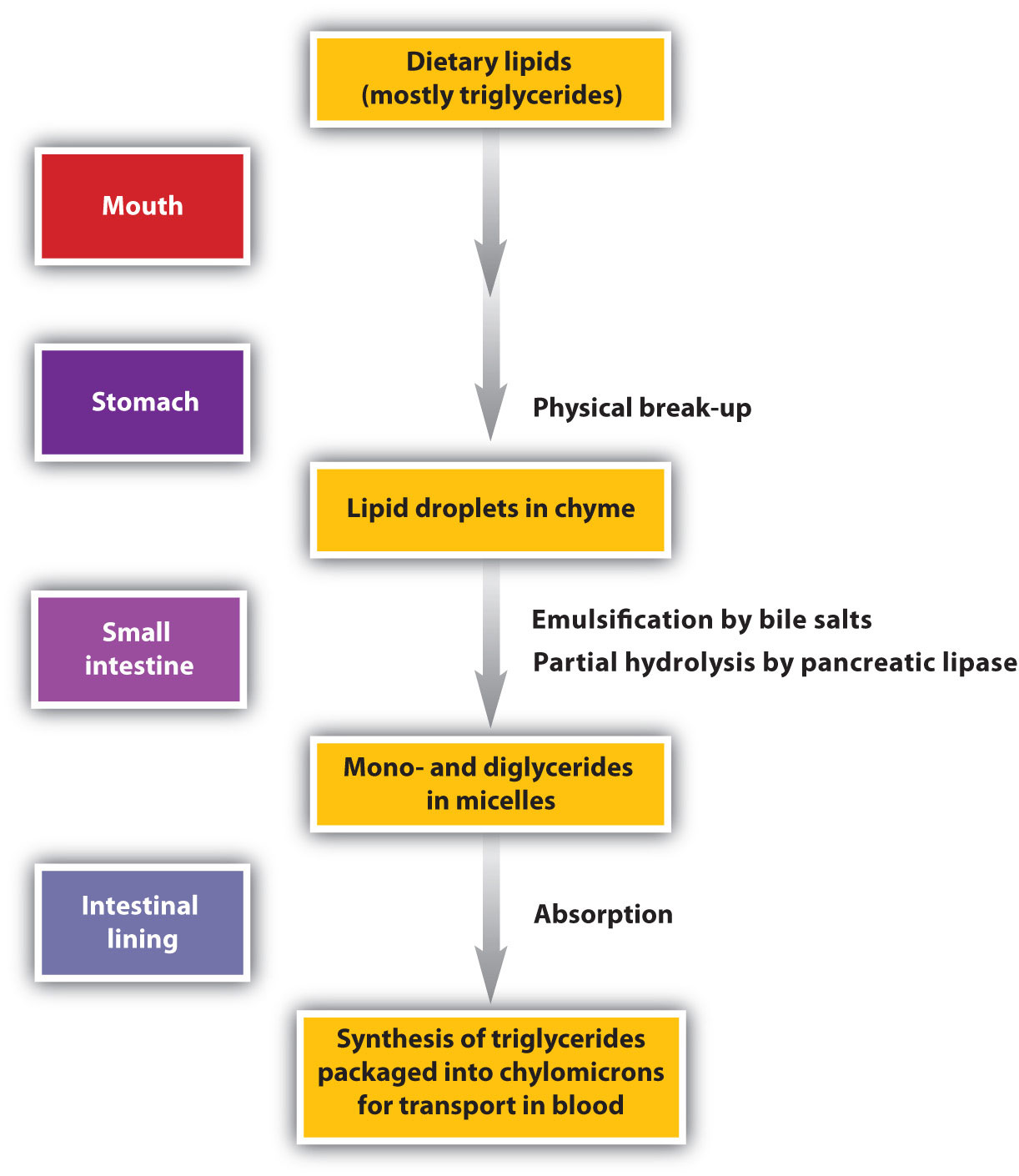Macro-nutrients
Macro-nutrients include carbohydrates, protein, fat, fiber, and water (CDC, 2014). Foods that include these ingredients provide energy for the body (Sizer & Whitney, 2013).Carbohydrates
Carbohydrates are a good source of glucose which is needed for body functions and physical activity (Harvard School of Public Health Nutrition Source, 2014a). However, not all carbohydrates are created equal. According to the Harvard School of Public Health Nutrition Source (2014a), carbohydrates can be separated into two fields, good and bad,Good
- whole grains
- fruits
- beans
- vegetables
- processed foods and breads
- soda
 |
| (Ball, Hill, & Scott, 2011) |
Protein
Much of our body is made of protein so it is no surprise that consuming enough of it is essential to a healthy body (Harvard School of Public Health Nutrition Source, 2014b). The recommended daily allowance is 46 grams for adult women and 56 grams for adult men (Harvard School of Public Health Nutrition Source, 2014b). Choosing lean meats provides adequate nutrition without increased levels of saturated fat and sodium (Harvard School of Public Health Nutrition Source, 2014b).The figure below demonstrates how proteins are digested and absorbed into the body.
 |
| (Ball, Hill, & Scott, 2011) |
Fat
Fat contains twice the amount of calories than carbohydrates and protein and helps the body absorb vitamins (NIH, 2014).The figure below demonstrates how fat is digested and absorbed by the body.
 |
| (Ball, Hill, & Scott, 2011) |
Micro-nutrients
Unlike macro-nutrients, micro-nutrients are only needed in small amounts but are vital to a healthy body (WHO, 2014). These include iron, iodine, and vitamin A (WHO, 2014).
References:
Ball, D.W., Hill, J.W.,
and Scott, R.J. (2011). Introduction to chemistry: general, organic,
and
biological. v. 1.0. Retrieved
on September 21, 2014 from http://2012books.lardbucket.org/books/introduction-to-chemistry-general-organic-and-biological/s23-02-stage-i-of-catabolism.html
CDC (2014). Macronutrients. Retrieved on September 21, 2014 from
Harvard School of
Public Health Nutrition Source (2014a). Carbohydrates. Retrieved on
September
21, 2014 from http://www.hsph.harvard.edu/nutritionsource/carbohydrates/
Harvard School of Public
Health Nutrition Source (2014b). Protein. Retrieved on September
NIH (2014). Dietary
fats. Retrieved on September 21,
2014 from
Sizer, F. & Whitney,
E. (2013). Nutrition: Concepts and Controversies (13th ed.).
Mason, OH:
Cengage
Learning.
WHO (2014). Micronutrients. Retrieved on September 21, 2014 from
No comments:
Post a Comment